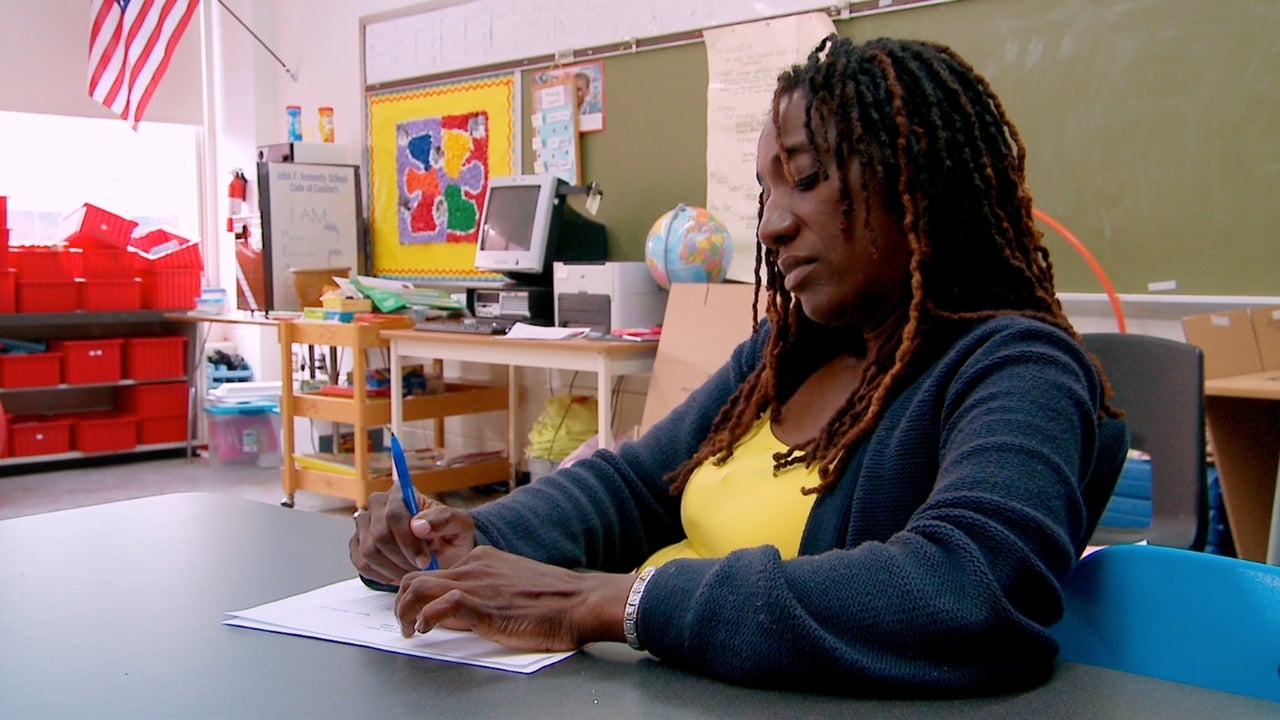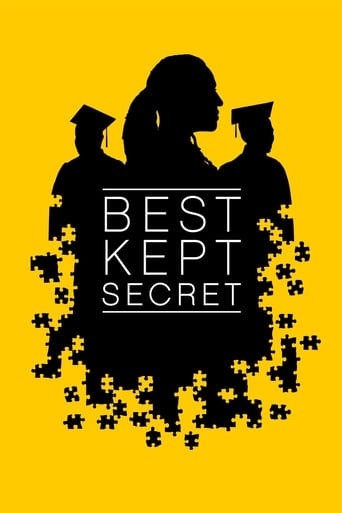

Just so...so bad
... View MoreAmateur movie with Big budget
... View MoreThis movie tries so hard to be funny, yet it falls flat every time. Just another example of recycled ideas repackaged with women in an attempt to appeal to a certain audience.
... View More.Like the great film, it's made with a great deal of visible affection both in front of and behind the camera.
... View MoreAt any given time, TV and film shows us a bunch of attractive white characters. The norms for "who is on TV" are so out of whack with real life, that showing Amy Schumer on TV is depicted as "brave" since she's not your standard vapid Hollywood model, while objectively speaking, she's an attractive, pretty woman.This documentary is on the complete opposite of that spectrum. It figures one main character, Janet Mino, who is a black woman, with dreadlocks and an enthusiastic, loud, almost-too-positive attitude. There aren't many black women in starring roles on TV (about 4 out of a possible 4,700 in the last 40 years), let alone those of the 'non-supermodel' persuasion. 1 in 19 Americans are black women, but about one in 347 characters on TV are females of color. This film paints a stark, shocking picture of what happens in a country which insists on giving millionaires tax-cut after tax-cut and which finances that by taking money away from our fellow Americans who are mentally challenged.The rest of the people in the documentary are young autistic black males. They are also, and I mean this in the most neutral of ways, rather unattractive. For instance, they're pretty much all overweight. They have a variety of autism conditions, which leads some of them to have faces that are contorted or twisted, like Robert and Rahamid. I admit that it was hard for me to watch them, the first 20 minutes or so. After that you get used to it. And I am a black person, so I had some motivation to watch this. But the average white person will most likely zap away after 3 seconds.The documentary does a good job of structuring itself around progressing towards graduation. This makes it more comprehensible for the viewer.The documentary follows what happens to the six students in Janet Mino's class over the course of their last 15 months in high school. But it divides its attention unevenly over the six students. Three students disappear completely from the story: Kareem Wigfall, Matthew McNabb, and Rahamid Saunders. The film then focuses exclusively on Erik Taylor, Robert Caspar and Quran Key.The documentary does a good job of showing how different and difficult life is for people with severe autism. The simplest life skills, such as speaking clearly, or knowing how many quarters there are in a dollar, are major achievements for people with severe autism. The film does make it very clear what the frustration for the teacher is: She teaches her six students all sorts of life skills, like speaking and reading and writing, but she sees that the adult day care centers where they end up, are at times nothing more than glorified babysitters, which teach autists nothing and don't keep up their skills. Very telling is the scene when Janet Mino meets the manager of day care center Birchwood. He seems completely clueless as to what to actually do with autists. His idea of going for a walk with them is just walk on their parking lot. The saddest moment is when Mino tries to educate the manager of the day care center how to use a symbol chart for communication with autists. "I can teach you this real quick" is the most depressing line in the movie, because of its sheer desperation.There's some indication that Robert is having a hard time, but it seems that his deeper story line has been cut because of ... film budget restraints? So what remains is a somewhat confusing, fragmented narrative when it comes to Robert. Rahamids story starts out promising, he's afraid of plants! Sadly, we never really see what happens with that. It's also clear that not all students have a mother and a father, Erik has a senior citizen mother, so he lives with sponsor parents. Roberts mother is a junkie, he lives with his aunt, who has cancer and who seems unable to take care of him, but the film doesn't really say. The background on Rahamid, Kareem and Matthew never is explicitly stated.This is a good documentary. This is a necessary documentary, certainly after the overabundance of autism documentaries about rich white kids. It's ends predictably, with some of the graduates not doing as well as we would like and one that does.The Melancholic Alcoholic.
... View More